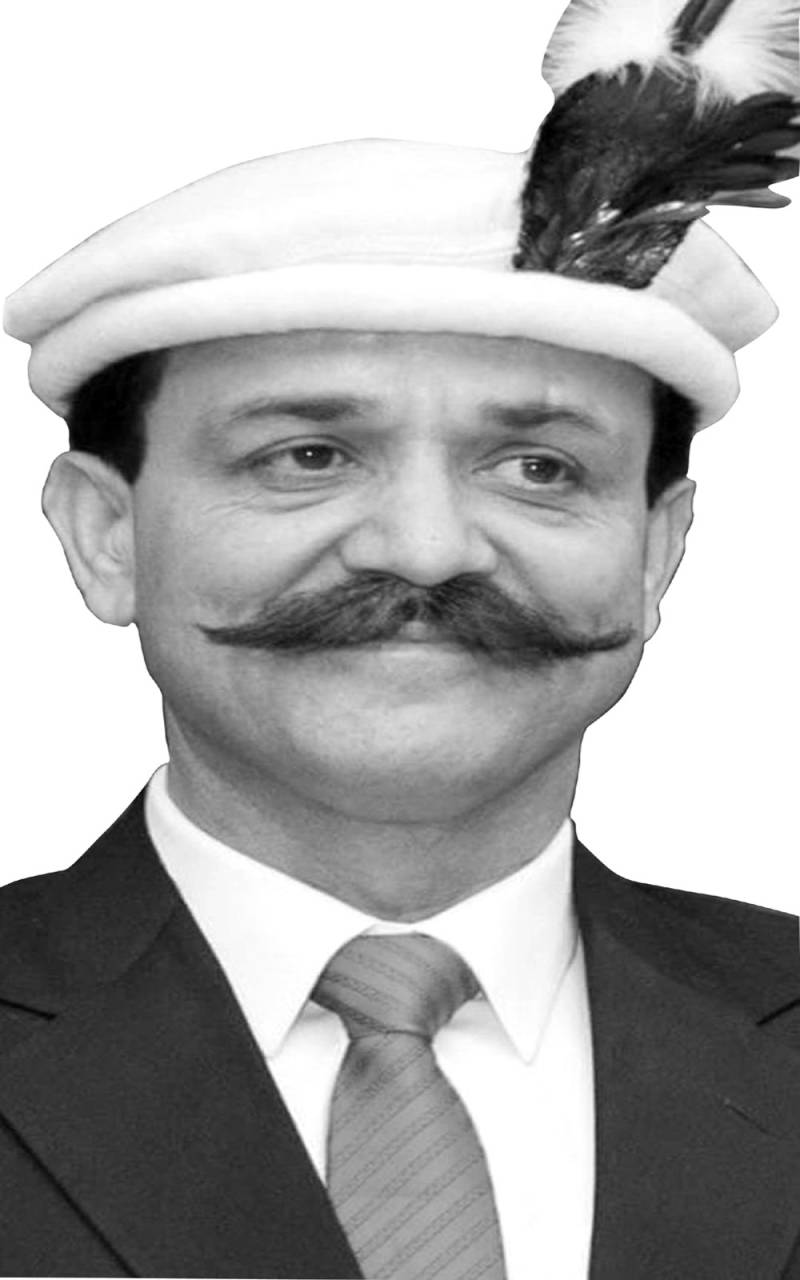Sudan is a country known for its history of military coups, political upheavals, and civil wars since its independence in 1956. Soon after independence in 1958, the country saw its first military coup and the start of insurgency in South Sudan. In 1989, in another military coup, Omar Al Bashir took over in Sudan. That was the time when the country was also facing the historic conflict in Darfur between ethnic Fur (Africans) and Arabs. The civil war began in Darfur in 2003 when ethnic Africans revolted against the Arab-dominated government of Omar Al Bashir. President Omar raised the ill-famous “Janjaweed” (devils on horseback) to combat the revolt in the region. The civil war in Darfur resulted in the killing of three hundred thousand people and the displacement of 2.5 million people. The Janjaweed and the government of Omar were accused of massive human rights violations in the region. A United Nations mission in Darfur was established in July 2007 to protect the civil population.
After a long civil war, a referendum was organized in South Sudan (Christian majority) which voted for independence in 2011. In view of chaos, the political situation, and deteriorating economic situation, President Omar declared a state of emergency. This led to protests and violence across the country which resulted in the removal of President Omar by the military in April 2018, ending his three-decade-long rule. A council of generals comprising seven members named as Transitional Military Council took over administrative control of the country. The council was headed by Lt. Gen Abdel Fateh Abdel Rehman Burhan. It was agreed that the Transitional Military Council would lead the country for two years before handing over power to civilians. However, this did not end the violence and protesters continued to demand the transfer of power to civilians. Later on, in an understanding, Dr. Abdalla Hamdouk was made prime minister of the country. However, this did not last long as on October 25, 2021, the civilian government of Hamdouk was toppled by military chief Lt. Gen Abdul Fateh and the Rapid Support Force head General Muhammad Hamdan Dagolo aka Hamedti.
Although Hamdouk was reinstated due to international pressure, he resigned on January 2, 2023, after two months. The violence and protests continued across the country, resulting in the deaths of hundreds. Sudan is without a proper government since the resignation of Prime Minister Hamdouk. A state of emergency was declared by the military and an understanding was developed for a transitional government. The signing of the agreement was delayed due to tension between Lt. Gen Abdel Fateh of the Sudan military and Gen Dagolo, head of the RSF. The dispute is over the integration of the RSF into the military and the handing over of its lucrative businesses, which is not acceptable to Gen Dagolo.
The immediate reasons for the start of the battle between the two armed groups started when the RSF started a sudden mobilization of its forces from across the country and its redeployment. The military took it seriously, terming it unlawful and without its approval. The military also declared the RSF a rebel group which led to an armed confrontation between the two groups. Both groups are battling on the streets of Khartoum and elsewhere to control the country. There is a tug of war and a power struggle between the two who were together in toppling the government of Hamdouk in October 2021.
The strength of the Sudanese military is around 215,000 personnel, supported by tanks and fighter jets. The Rapid Support Force (RSF) has a strength of around 100,000 personnel supported by 10,000 vehicles with mounted guns. The RSF evolved from the ‘Janjaweed’ militia that was active in Darfur under General Dagolo. The RSF was later reorganized and assigned border guarding duties. The RSF is involved in lucrative businesses such as gold mining, agriculture, and livestock. The continued battle between the two has resulted in the deaths of 200 civilians and injuries to 600. Lt. Gen Abdel Fateh has demanded the dismantling of the RSF, being a rebel group in the country. On the other hand, Gen Dagolo has demanded the surrender of Gen Abdul Fateh.
The location of Sudan is strategic in the region, and its neighbors have interests and influence in the country. The political instability and military coups have also affected its neighbors, such as Chad, Ethiopia, and Libya. The US, China, and Russia are trying to influence and control the country because of its rich agricultural wealth and mining potential. Saudi Arabia, Egypt, and the UAE are supporting the military government, which is also battling terrorist groups. For peace and stability in the country, the only solution is dialogue to avoid any further bloodshed and chaos.
Friday, May 17, 2024
Power struggle in Sudan

The writer is a retired brigadier and freelance columnist. He tweets @MasudAKhan6.
PM congratulates newly-elected AEMEND office bearers
12:51 AM | May 17, 2024
PFF NC Chairman, members attend 34th AFC Congress
6:18 PM | May 16, 2024
Police rescue trader after 'encounter' with outlaws in Pindi
5:23 PM | May 16, 2024
Pakistan qualifies for Central Asian Volleyball League final
5:22 PM | May 16, 2024
Dar, EXIM Bank chairman discuss cooperation, future investment
5:20 PM | May 16, 2024
Rain Damage
May 16, 2024
LESCO Next
May 16, 2024
Propaganda War
May 16, 2024
Heat Alert
May 15, 2024
Tax Reform
May 15, 2024
2022 Floods - Road to Recovery
May 16, 2024
Success of Lunar Mission
May 15, 2024
Service disruption
May 15, 2024
Weather Crisis
May 15, 2024
Reforming the Wheat Purchase System
May 15, 2024
ePaper - Nawaiwaqt
Advertisement
Nawaiwaqt Group | Copyright © 2024





